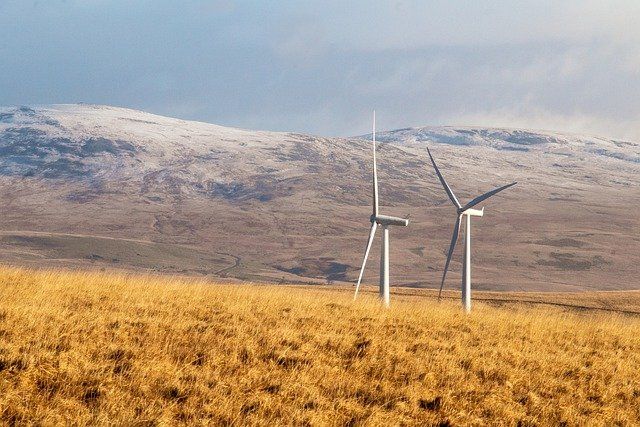Renewable energy production in Germany was well above plan in February 2022. And despite a hacker attack on the satellite infrastructure, production continued without disruption. "This shows that renewables are now no longer the volatile part of the German energy mix, but the stable one," says Markus W. Voigt, CEO of aream Group.
The German solar parks produced 106 percent of the target value. Together with the 141 percent that came together for wind due to stable strong winds, that builds a strong buffer for the rest of the year. "The storms at the beginning of the year caused the wind farms in particular to produce significantly more electricity than expected," Voigt said. "The fact that the solar farms were also above target is a nice additional effect." Overall, he said, it shows that renewables are stably meeting planned demand for electricity - and even providing energy beyond that.
"In view of a growing demand for energy and the likely loss of some gas and oil supplies, this is an important and good signal," Voigt said. "The sooner the legislature now simplifies and shortens the approval procedures, the stronger renewables will be able to cope with the burden of the energy transition." The crisis in Ukraine also showed that centrally organized power generation is always vulnerable, he said. "When individual large power plants cover the electricity needs for millions of people, they are naturally also targets for attacks or acts of sabotage in times of crisis," Voigt says.
The decentrally organized renewable energies with their many small sites are much less at risk. Even an attack on satellite communications did not cause a collapse in supply. "The hacker attack at the end of February 2022 did not lead to production losses at the affected wind and solar plants," says Christian Schnaidt, COO of the aream Group. "We ourselves were affected by the disruption of the satellite connection at two plants." The KA-Sat network that was attacked is used at wind turbines and also solar parks that are located in areas without mobile communications. Here, satellite-based communication is used for control and remote monitoring.
But although the satellite connections were down due to the attack, there was no risk. Since the systems regulate themselves autonomously, for example by shutting down in the event of strong winds or hurricanes, production continued without restriction. Attacking plants on a larger scale is hardly possible, so a nationwide outage is unlikely. "In any case, renewable energies are a very stable factor in the German energy mix," says Voigt.
PRESSEKONTAKT:
Leandra Kiebach
T: +49 (0)211 30 20 60 4-2
E: lk@aream.de
